
QANTAS: Seeks to codeshare with Garuda. Sydney Airport, Virgin Australia and others not happy
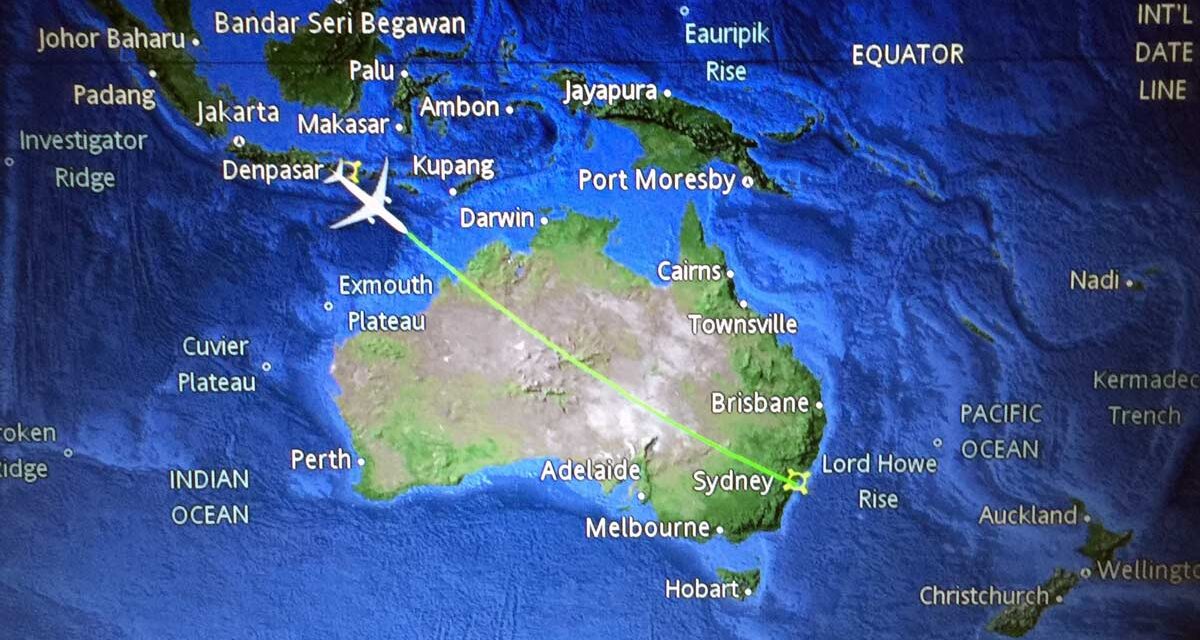
Back in September, Qantas applied to the International Air Services Commission (IASC) to codeshare flights with Garuda Airlines for flights between Sydney and Melbourne and Jakarta and Denpasar, Bali.
Background
Let’s take a step back. First, I’ll explain who IASC is. They are an Australian statutory authority that allocates ‘capacity entitlements to Australian airlines for the operation of international airline services‘. So, it gets to decide who flies into and out of Australia (international flights), and how frequently they fly and how many passengers they can have.
Our role is to allocate capacity available under Australia’s bilateral air service agreements to Australian airlines so they can operate these international air services. We assess applications for capacity from airlines, using the criteria provided in the Act… If an application meets the criteria, we make a determination granting capacity to the airline concerned. We also decide on airlines’ applications to vary determinations, usually to allow for code sharing, and to renew determinations.
www.iasc.gov.au
![Four Seasons Resort at Sayan, Bali,Indonesia [Schuetz/2PAXfly]](https://www.2paxfly.com/wp-content/uploads/2023/12/Bali-ubud-four-seasons-sayan-resort-IMG_3529.jpg)
What Qantas wants
Qantas has applied for Garuda Indonesia to codeshare flights operated by Qantas on routes to Indonesia, including Sydney-Denpasar (Bali), Melbourne-Denpasar (Bali), Sydney-Jakarta and Melbourne-Jakarta. Codesharing involves Qntas giving inventory access to to Garuda on a ‘free sale’ basis.
‘When an airline offers its inventory on a free sale basis, it means that the seats or tickets can be sold without specific conditions or limitations. This is in contrast to inventory that may be subject to restrictions, such as being available only to certain types of customers (e.g., frequent flyers, members of a particular program) or with specific terms and conditions.’
from ChatGPT
The intention is that this codeshare agreement be on a reciprocal basis – but Qantas claims not to intend ‘to place on Garuda Indonesia services during the initial phase of the codeshare agreement‘
Sounds OK and not particularly out of the ordinary, doesn’t it? Well, some don’t think so.
The point of contention is basically that while Qantas has no more capacity to provide additional flights between Jakarta and Denpasar and Australia under the bilateral air services agreement, Garuda Airlines does. Let’s put figures to it. Australian Airlines only have 91 spare seats available, while Indonesian and other carriers have 12,285.
The seats available to Australian airlines are 20,076 for Qantas Group and 4,924 for Virgin Australia.
![View from Presidential Suite Four Seasons Resort at Sayan, Bali,Indonesia [Schuetz/2PAXfly]](https://www.2paxfly.com/wp-content/uploads/2023/12/Balu-Ubud-Four-Seasons-Sayan-Presidential-suite-IMG_3623.jpg)
Virgin Australia objects!
Virgin Australia is the other Australian-based airline that services ports in Indonesia, namely Denpasar, Bali. So, they have a stake in this argument. Virgin reasons that the codeshare would mean Qantas Group (Qantas and Jetstar) would extend their already dominant position on the Bali/Australia route.
The submission legitimately raises the future concern that Qantas might eventually take up the code shared by Qantas with Garuda flights, although this is excluded in the short term.
Virgin has already indicated that it will seek to increase the bilateral agreement seat capacity since it has essentially reached capacity from the Australian end.
![Entrance pond, Four Seasons Resort at Sayan, Bali,Indonesia [Schuetz/2PAXfly]](https://www.2paxfly.com/wp-content/uploads/2023/12/Bali-ubud-four-seasons-sayan-resort-IMG_3571.jpg)
Non-Airline objections
It’s not just the airlines who object to the proposed codeshare. Dr Ian Douglas, an Honourable Senior Lecturer at the University of New South Wales School of Aviation, submits that the codeshare doesn’t deliver much for consumers.
He argues that the codeshare adds no capacity, doesn’t enhance competition, gives Garuda and Qantas an effective monopoly on the east coast to Jakarta routes, and that indirect routes – say via Singapore, are uncompetitive for airlines and unattractive to passengers because of the fare costs and duration. He also argues that Garuda is in the process of expanding its fleet to capture some of those 12,000 seats not currently unused.
Sydney Airport also weighs in
Remember that Sydney Airport has an interest in this. It wants to see more competition because more planes landing and departing for Indonesia means more revenue for them. Keeping that in mind, their submission argues that such a codeshare will advantage Qantas, as they will have access to Garuda capacity, currently unused, while not having to fly any additional planes themselves. That would also mean that Qantas was less inclined to argue for any increase in capacity of the current bilateral agreement.
The submission then uses the evidence of Qantas opposing the increase in European capacity proposed by Qatar to indicate how it opposes competition on routes.
![Four Seasons Resort at Sayan, Bali,Indonesia [Schuetz/2PAXfly]](https://www.2paxfly.com/wp-content/uploads/2023/12/Bali-ubud-four-seasons-sayan-resort-IMG_0851.jpg)
2PAXfly Takeout
You can always rely on Qantas to act in its own interests – which is, I suppose, what shareholders require of it. Anyway, this is yet another case.
I doubt that Qantas will get its way here. The Australian Competition and Consumer Commission (ACCC) are likely to get involved here, given the accusations of anti-competitive behaviour raised by several submissions.
Bali is a huge holiday destination for Australians. Greater capacity if not required now, will be soon. Anything that impedes competition on this route should be opposed.

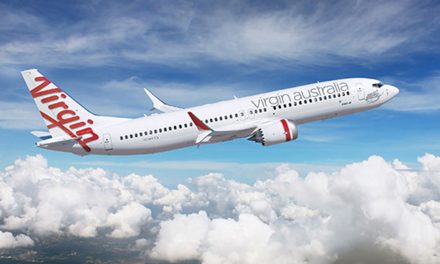
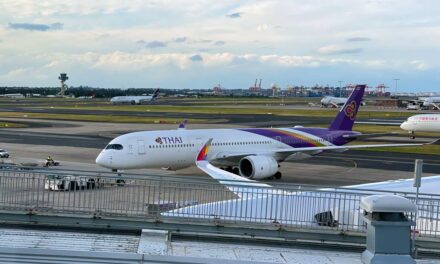
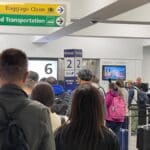
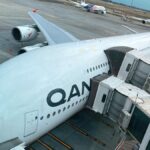




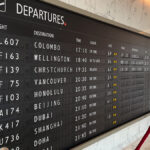

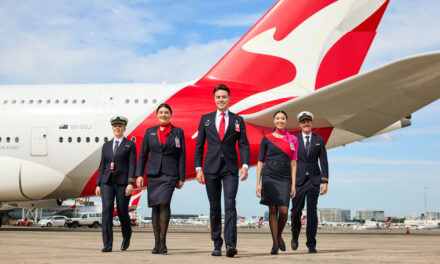
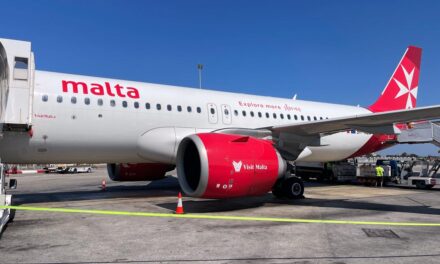
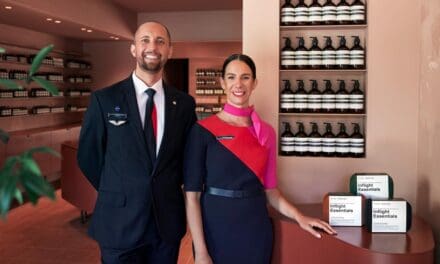
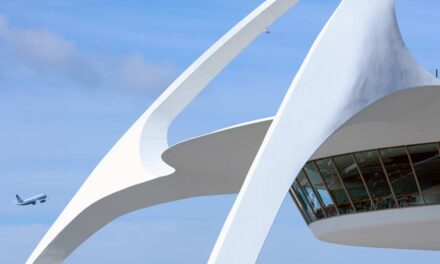







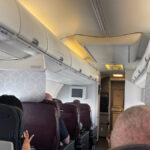

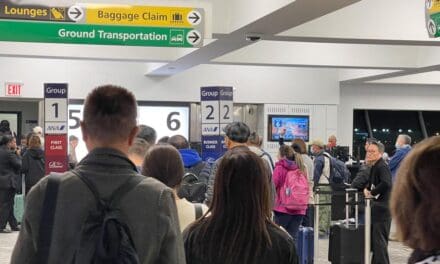




What did you say?